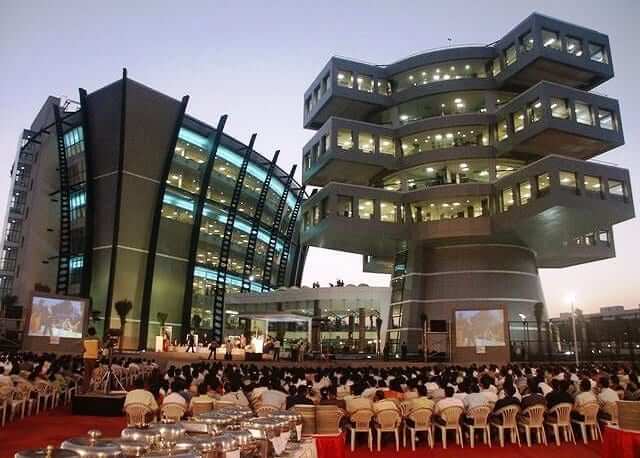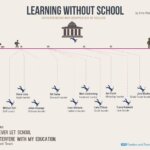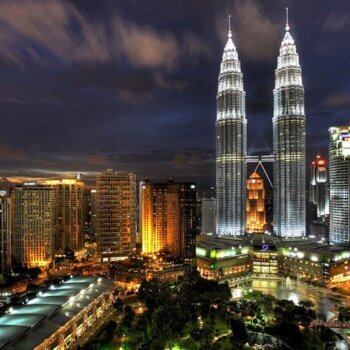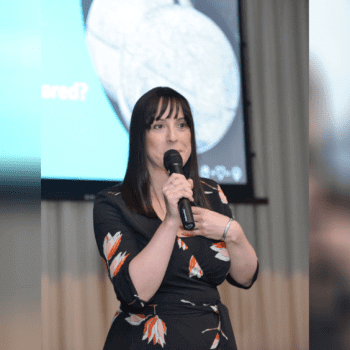There is never going to be one city in India. Its tough luck. But in a way its also the strength. So here’s my perspective:
Bangalore has great weather, but as someone mentioned on Quora, the culture has really gone mercenery. Unless you are VC funded, its going to become harder and harder to build a company out of there. It might make better sense just to move to the valley. In a few years, i doubt it will sustain. that said, there is weather, probably the highest density of capital and every coffee place talking about starting up.
Pune – of all the places, its the city that i really love. The community there is amazing, though honestly speaking, a fair bit less vibrant than i remember a few years ago – with Santosh Dawara restructuring Pune OCC (Edited after comment), with Navin Kabra focusing in a startup, it looks like its a bit out of shape. One thing i also noticed is that folks there have very good specialization (Finding folks in Hadoop, or Game development or highly specialized skills in Security/Virtualization software is easier), but there is a bit out of balance business sense. Since it has been a city that has always had backend product development (but never the strategy or the marketing bits), it seems a bit lacking. But i can see how certain businesses, and niche (with strong tech focus) can thrive here very well. Very little distractions and good weather. Close proximity to Mumbai.
Mumbai, is a lost cause to me. Ive spoken to quite a few VCs there, who agree to that – except for one guy who thinks its the last golden goose that everyone is ignoring. Sure TCS might have its biggest workforce there, but an IT company with the mantra of the cheapest bid possible, is probably not where you hire startup talent from. And trust me, you have a great company VCs will fly down to fund you. They have to put the money to work, let them work. Dont let them tell you otherwise. In most of the meets in Mumbai, no matter what we try, the conversation inevitably turns towards retail and finance. Nothing against it, but thats the strength of the place.
Chennai – super conservative, horrible autoguys, and bad weather, but it has old money, business sense and some success stories – like Zoho going for it. It has a bit of diversity with a thriving movie industry (they actually churn out more movies than bollywood – dont ask me about the quality though), and people who come back to Chennai, the US returns are quite open to taking a pay cut. But the numbers are small and you will have to look. But it has a thriving tech community, and with the effort of guys like Siddharta Govindaraj, Dorai Thodla,Senthil Nayagam, there is a ground up community there. Successes such as Freshdesk, Orangescape also add to it.
Hyderabad – majorly influenced by Deloitte, and Google (the non-tech part). The saving grace there is Microsoft, even though the last product they developed there was Windows Me. The last time i had a meetup there, people were still very gung-ho about wanting to build a consulting/services business.
Edit; The MS thing was partly a joke, in reality the India Centre does a lot of tools for the MSDN platform and for developers. But you get the idea.
Delhi: from the report published by Yourstory on Mint, it seems they are the vibrant community. Why? Because the delhi hustle will get your revenue clock running – unlike Bangalore startups which are still after cool technology. But the problem with Delhi is that, while its haven for “deal sites” like Snapdeal, Jabong etc, tech startups will struggle there.
(A few of us keep joking that the “perfect” startup is one that has the delhi hustle and the tech of Bangalore/Pune)
And then we have the actual success stories of India, coming out of Shimla (Instablogs – by Ankit Maheshwari) that i wonder what this whole excercise is about.
Listen, this whole one Hub concept is from an old world, a world were people had to be face to face to learn and share things – a world before Skype, Google Hangouts, Quora and the zillion other ways we can learn, share and approach markets. Even the Newer hubs in the US are not Silicon Valley Centric, the world is shifting towards a distributed cluster model where there is a play for Seattle, New York, Chicago, Boston heck even for Boulder. (Europe seems to be following a very similar model as well, with hotspots opening up in London, Hensinski, Frankfurt/Hamburg, Estonia etc etc)
The Indian model will also follow a similar trend. Depending on whether you are building an enterprise business, a deals-business, a tech startup, or one that needs careful cashflow (platform businesses), or one driven by ads and media influence, the city where you need to plant your feet in will vary. There is no one city.
But, dont move to any city in the first year or so. You will burn yourself in the overheads. Till you figure out your product, focus and market-fit, stay in a place that gives you maximum mileage for your buck – people and networks you know that you can hire from, food that doesnt cost you an arm and a leg, fewer distractions, anything at all that will keep your costs low – and my bet is that, it most probably is wherever it is that you are at right now, and are planted. Even having to think about who is the electrician in a new city will consume bandwidth that you don’t have.
Make the most of it. Move when needed to give your startup that push. Eventually all startups facing the US/Global market will move to be based out of the US or Singapore, so don’t get sentimental about it – We live in a Globalized world and lets take advantage of that. Be wherever you need to be, where you can get the maximum runway for your startup. My guess: Its probably the city you least expect.
Once the commitment to start is done, what is expected of you is to keep your head down, have absolute focus and just day-after-day build what you are building. Ecosystems are a tad bit over-rated and hyped. Think about it – for decades people have been building businesses out of thin air in India. What’s your excuse?
Remember that whole trick we did with skipping landlines and going straight to mobile, we might be doing that with ecosystems as well.





























